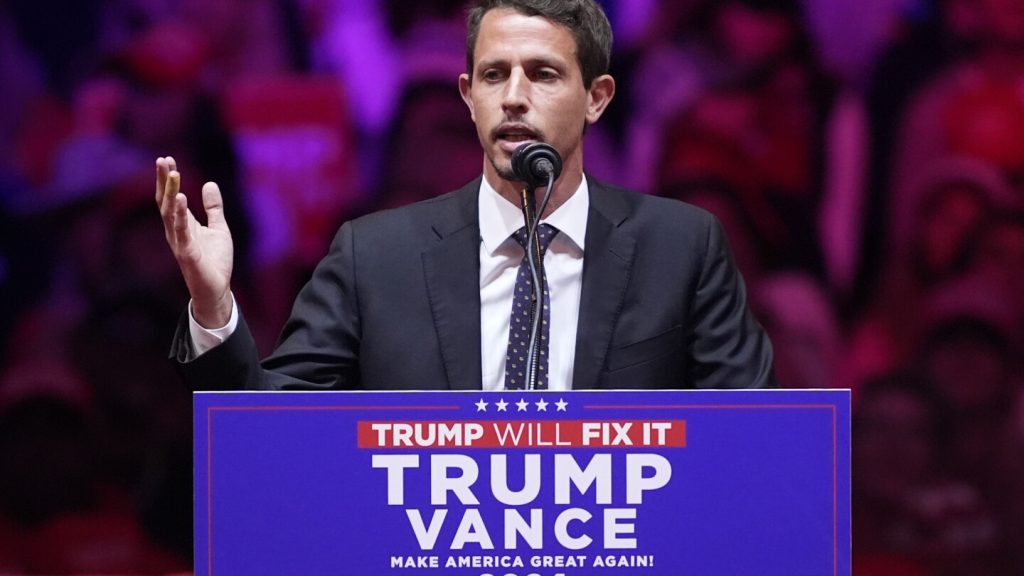Following the recent incident where comedian Tony Hinchcliffe made racist remarks at a Donald Trump rally at Madison Square Garden, there has been widespread condemnation from Democrats and Puerto Rican celebrities. Hinchcliffe’s offensive comments about Latinos, Jewish, and Black people have sparked outrage, with many calling out the inappropriate nature of his jokes. Even the Trump campaign has distanced itself from Hinchcliffe, stating that his remarks do not reflect the views of the President or the campaign.
Tony Hinchcliffe, originally from Youngstown, Ohio, is a stand-up comedian known for his roast style comedy. He has appeared on numerous Comedy Central Roasts and hosts the Kill Tony podcast where comedians perform for a panel of judges for 60 seconds. Hinchcliffe has previously faced backlash for using racial slurs, including a 2021 incident involving fellow comedian Peng Dang. Despite the criticism, he has maintained his stance that comedians should not apologize for their jokes, regardless of the consequences.
The response to Hinchcliffe’s Trump rally routine has been largely negative, with politicians and public figures denouncing his behavior. Democratic vice presidential nominee Gov. Tim Walz called Hinchcliffe a “jack-wad,” while U.S. Rep. Alexandria Ocasio-Cortez expressed her disappointment. Even Florida Republican Sen. Rick Scott, who is up for reelection in a state with a large Puerto Rican population, emphasized that the joke was inappropriate and praised Puerto Ricans as amazing people and Americans.
In response to the backlash, Tony Hinchcliffe has defended his controversial comedy style, arguing that there are no lines in comedy and that everything is fair game. He expressed frustration with the criticism, particularly from political figures like Gov. Tim Walz, and emphasized his love for Puerto Rico. Hinchcliffe has a history of making controversial jokes about various topics, but he maintains that as a professional comedian, he does not intend to offend anyone.
Overall, the incident involving Tony Hinchcliffe’s racist remarks at the Trump rally has sparked a larger conversation about the boundaries of comedy and the responsibilities of comedians. While some argue that comedy should be allowed to push boundaries without censorship, others believe that there are limits to what is acceptable. The backlash against Hinchcliffe highlights the power of words and the impact they can have on marginalized communities, leading to calls for greater sensitivity and accountability in the comedy world.














